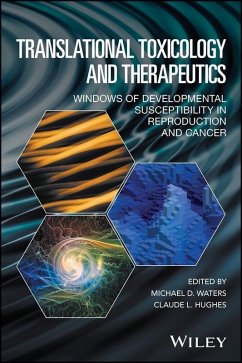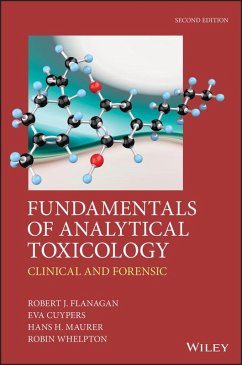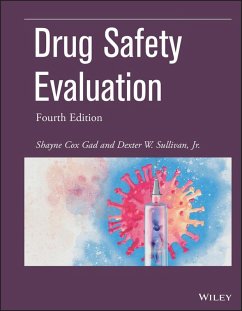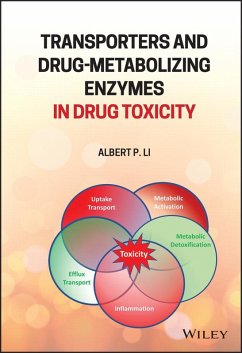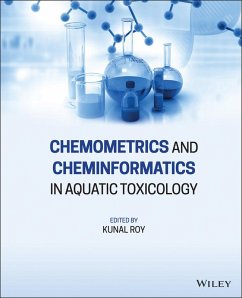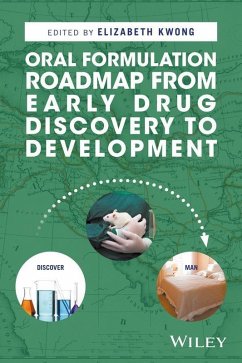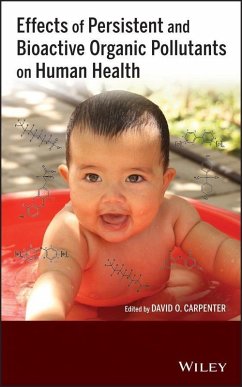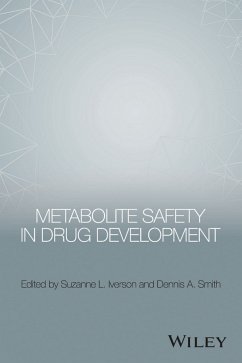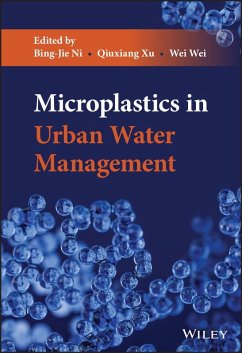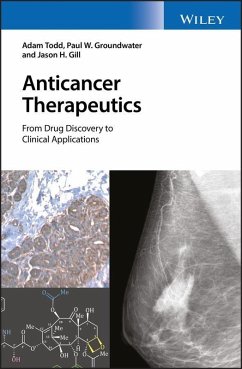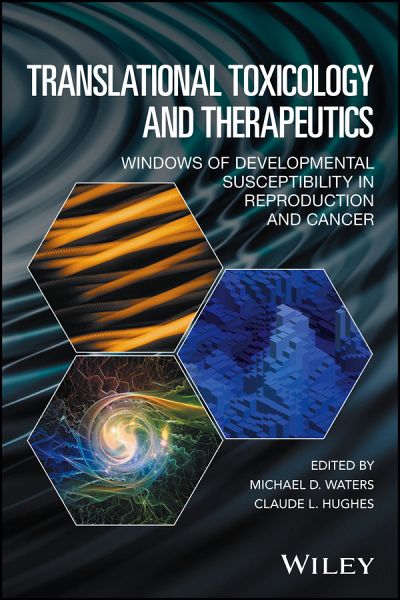
Translational Toxicology and Therapeutics (eBook, ePUB)
Windows of Developmental Susceptibility in Reproduction and Cancer
Redaktion: Waters, Michael D.; Hughes, Claude L.
Versandkostenfrei!
Sofort per Download lieferbar
197,99 €
inkl. MwSt.
Weitere Ausgaben:

PAYBACK Punkte
0 °P sammeln!
Written by leading research scientists, this book integrates current knowledge of toxicology and human health through coverage of environmental toxicants, genetic / epigenetic mechanisms, and carcinogenicity. * Provides information on lifestyle choices that can reduce cancer risk * Offers a systematic approach to identify mutagenic, developmental and reproductive toxicants * Helps readers develop new animal models and tests to assess toxic impacts of mutation and cancer on human health * Explains specific cellular and molecular targets of known toxicants operating through genetic and epigeneti...
Written by leading research scientists, this book integrates current knowledge of toxicology and human health through coverage of environmental toxicants, genetic / epigenetic mechanisms, and carcinogenicity. * Provides information on lifestyle choices that can reduce cancer risk * Offers a systematic approach to identify mutagenic, developmental and reproductive toxicants * Helps readers develop new animal models and tests to assess toxic impacts of mutation and cancer on human health * Explains specific cellular and molecular targets of known toxicants operating through genetic and epigenetic mechanisms
Dieser Download kann aus rechtlichen Gründen nur mit Rechnungsadresse in A, B, BG, CY, CZ, D, DK, EW, E, FIN, F, GR, HR, H, IRL, I, LT, L, LR, M, NL, PL, P, R, S, SLO, SK ausgeliefert werden.




